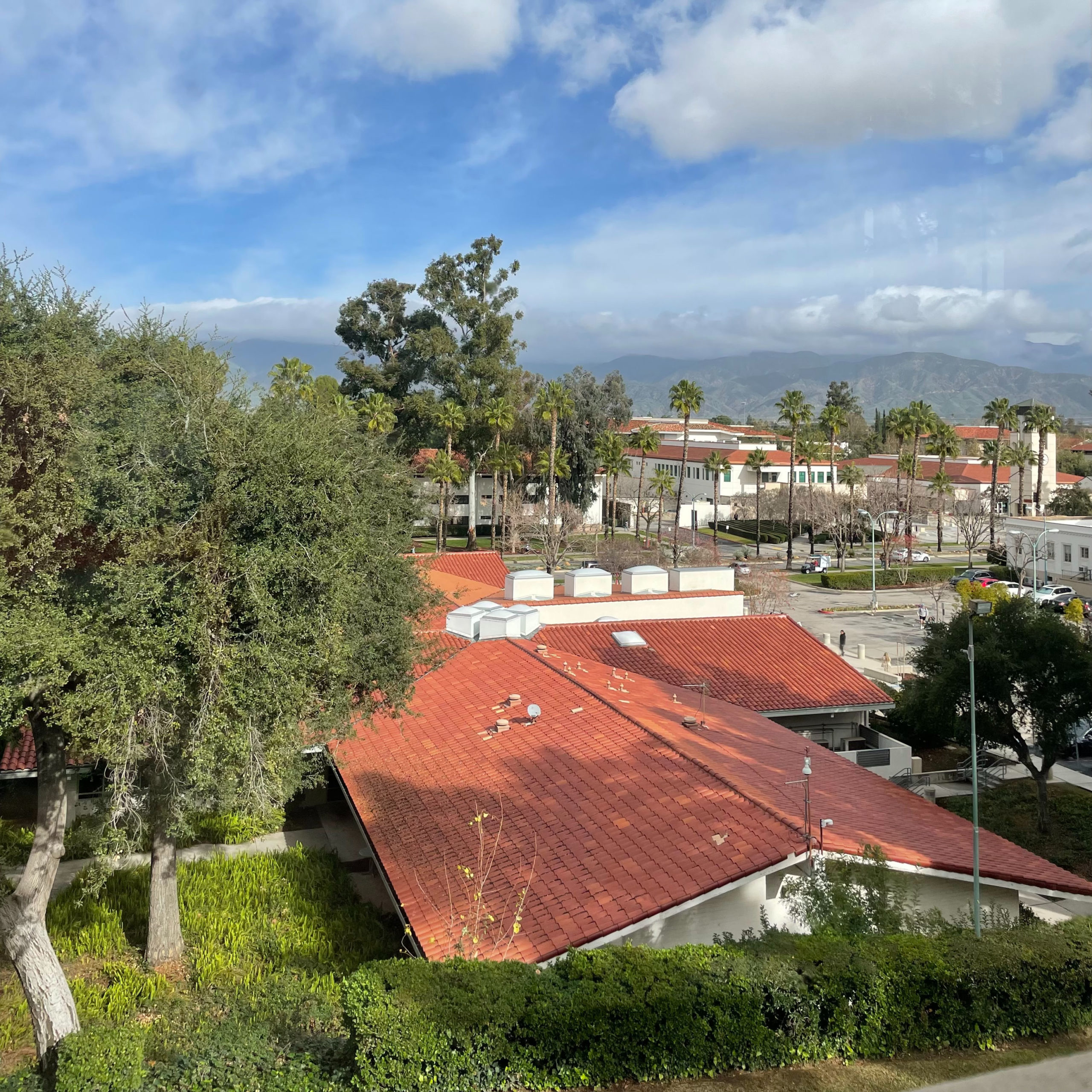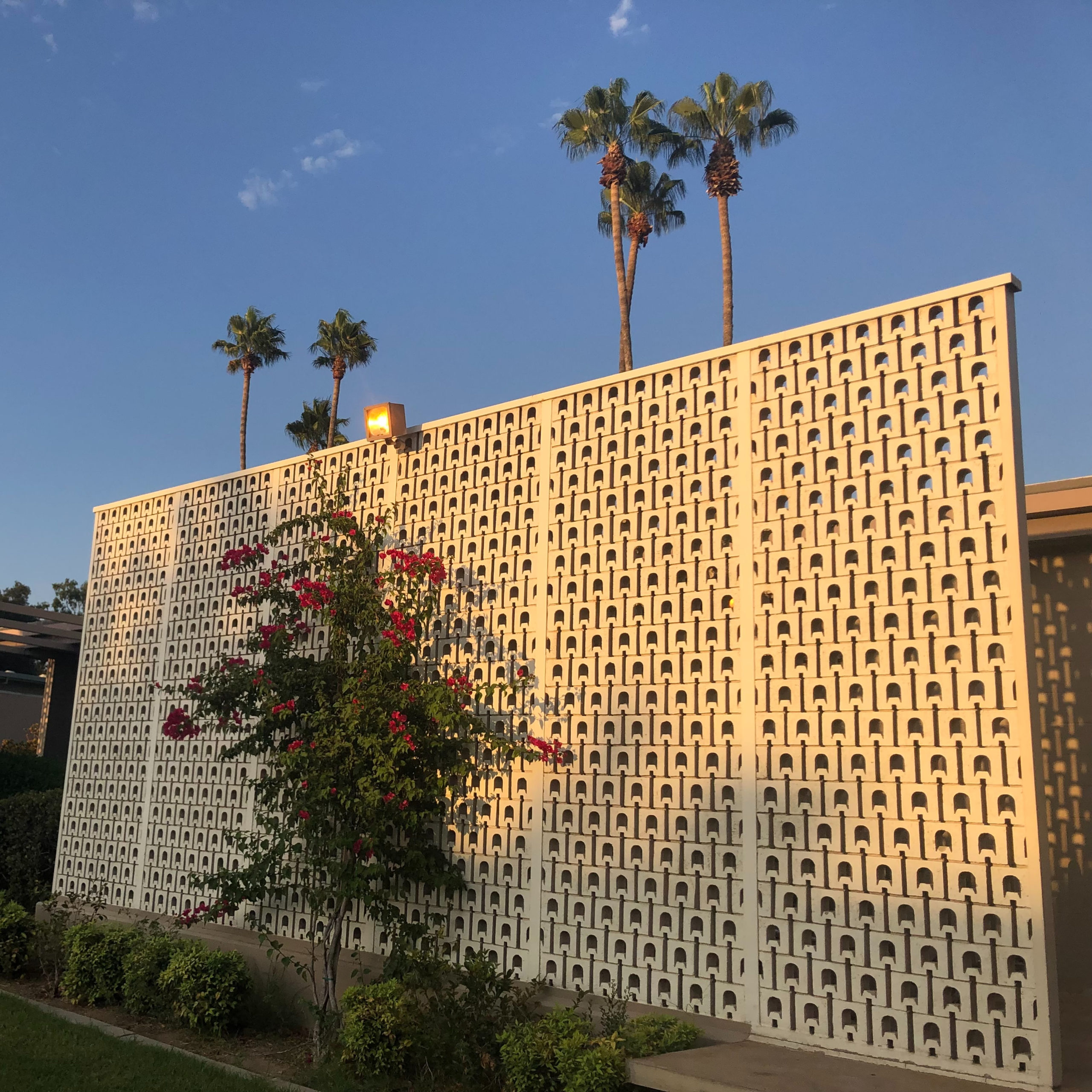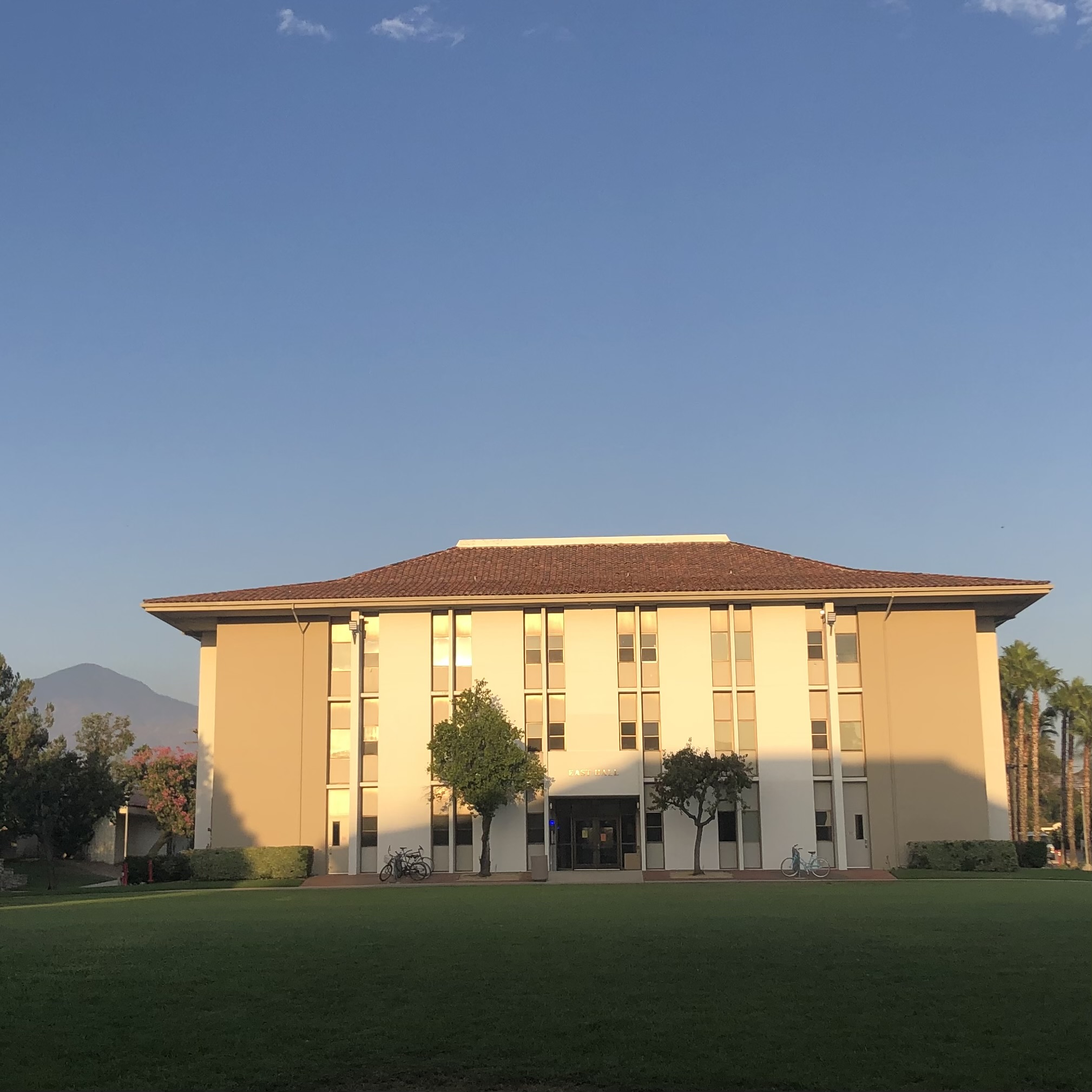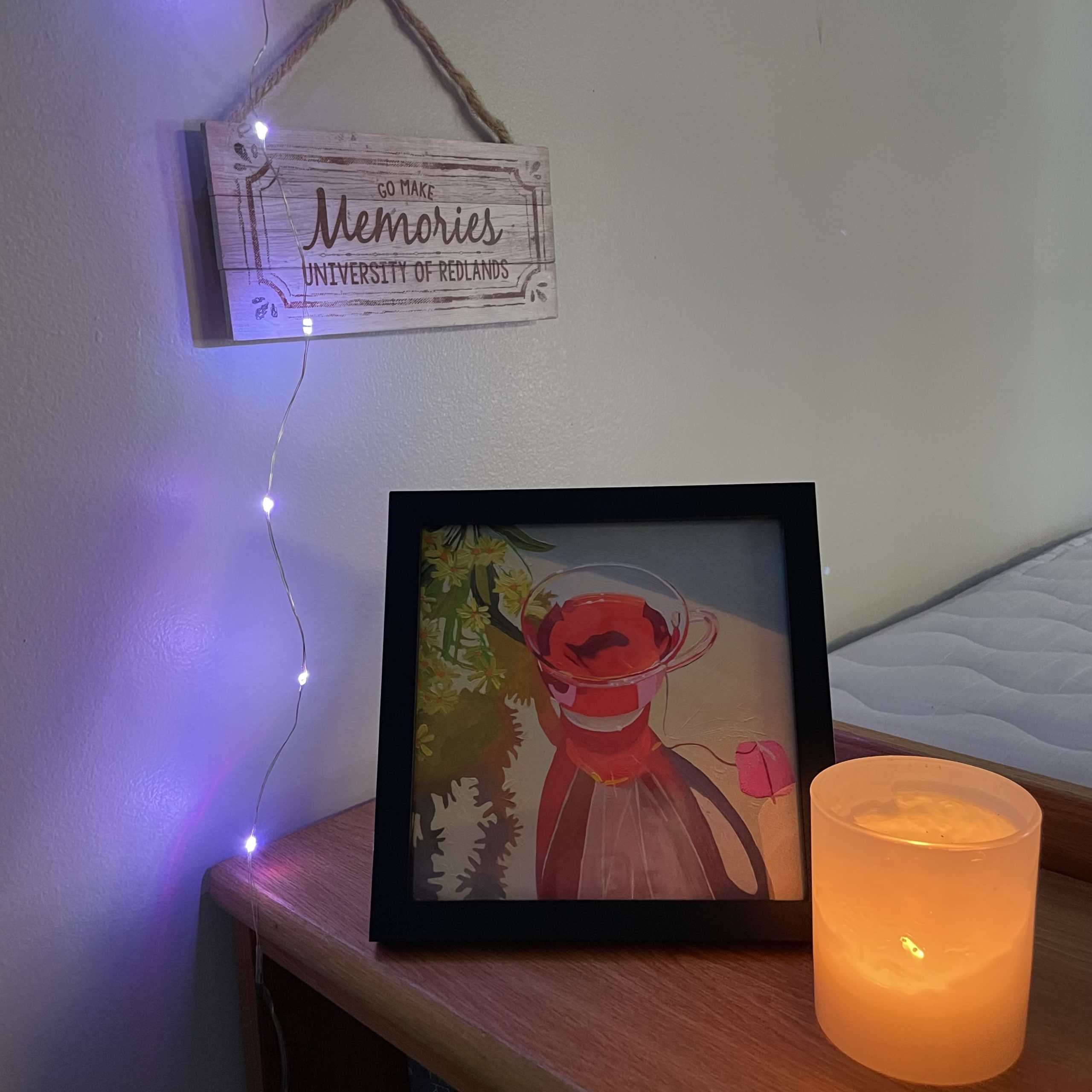In Part 1, Red Kite took an in-depth look at Lesley Bello’s identity as a first-generation college student. We explored her undergraduate journey, the unique challenges she faced, and how her background as a Mexican-American shaped her educational experience.
Now, as a graduate student, we’re interviewing Lesley on insights into her personal background, her academic interests, and the cultural dynamics of her immigrant family.
This week, we asked her to think back on another critical aspect of her college experience: the process of applying for financial aid. She shares her experiences navigating the complexities of the FAFSA application, various obstacles she encountered, and the support systems that helped her along the way.
How did your family prepare you to go to college? Did they help you navigate the application/financial aid process?
They did not prepare me, nor did they help me at all. They had no way to guide me, so I had to figure it out on my own. And going to college was kind of just expected of me.
How has your experience been similar or different to other first-gen students?
Almost all of my friends or mutuals had to deal with imposter syndrome,* financial issues, identity crises, and/or the enmeshment of our families. The only difference I noticed was in the severity of them. Many people had someone to help them in their immediate family – I think I was the only one who didn’t, or was struggling a bit more with that. It just looks different for everyone.
As a first-gen student, were there special resources available to you?
Yes. Thankfully, our university had a free program called Summer Bridge. They hosted incoming first-generation college students for a week and did a play-by-play of what college would entail; socially, academically, and professionally.
They also offered an additional class called STEP (Students Together Empowering Peers) that was a continuation of that summer program. This entailed first-gen mentorships, resources, etc.
There was also a BLP (Book Lending Program) that helped us with getting textbooks for courses. However, not many people knew of any of these programs, and so many people fell through the cracks. They did not have the support they could have had.
Were there first-gen clubs, Mexican culture classes, etc available to you on campus?
Aside from STEP, there was a First-Gen Family Club, but I wasn’t involved in it, because it was just student-led and made. I know we did have events here and there for Hispanic/Latino Heritage Month and stuff like that – things that involved all cultures. But nothing to help guide us through the financial sphere specifically.
Our university had all of its first-generation students stand at graduation (I think it was something like 30% of our class). How did that make you feel? Were you proud, embarrassed, or a mix?
Honestly, at that point in my college journey, I was so over it, I didn’t care a lot. So I guess it was a mix. They profited off of us so much, and they just did that so the university looked good. But they didn’t do it because they cared for us – they did it for THEM. The school always states that they are a Hispanic-serving institution, but they didn’t financially help us or offer other financial support or resources.
Did you have a college counselor? How did that benefit you or frustrate you?
I had several different college counselors. It wasn’t until my senior year that I had a solid college counselor who helped me navigate the last year and now grad school. Before him, it was just frustrating because no one would be helpful at all and once again, I had to figure it out on my own.
What did you wish you had known before applying to college?
I wish I had known how to take care of my mental health. Resources for how to cope with the stress. So many expectations, so many goals, pressures from other people… that just drained me. That’s the one thing I wish I’d known before.
Now that you’re a grad student, are you living on-campus?
Yes, in graduate housing apartments.
Are you working?
Yes, 3 jobs.
How was applying to graduate school different than undergrad?
I was in a preliminary teaching credential and Master’s program before I went into the program that I am now in (Master’s in Clinical Mental Health Counseling). The process was actually not that bad. Since it was the same school, I just had to change programs I was in. Definitely not as stressful as other programs, but this
was the only program I applied to, so it was a make-or-break thing.
How is your brother experiencing being first-gen?
My younger sibling is studying Computer Science. He is also a first-generation college student, but despite me going through the process first, he still has to deal with a lot of what I did as a first-generation student. The public school system is different than a private school, and the education/financial aid system is changing yearly.
Did you receive any scholarships or financial aid? If so, please tell me what that process was like, how much you received, etc.
The process of getting financial aid through the school was okay. My tuition was paid off completely – I just had to pay the difference, because it increased every year. I only attended this school because of that, especially because it is a private school.
Without the financial aid, I would not have been able to afford it. During high school and my undergrad years, I received scholarships that would then cover my tuition difference and make it more manageable. Receiving these helped so much. The only thing I had to pay for was my housing.
Red Kite helps connect students to scholarships so that they can avoid falling into educational debt. Do you have any debt?
No, I don’t have any debt. But I wish I had known about them before. It would’ve been so much easier.
What difficulties did you have with the FAFSA?
This process was so, so incredibly difficult. I almost didn’t receive any FAFSA, because I could not finish my application my first year. Because my parents did not have a social security number, I had to fill out the application differently, since they couldn’t sign it.
I had to print it out and MAIL it to them. I HAD TO DO THAT EVERY YEAR. But the first year I applied I did not know that. AND NO ONE KNEW WHAT TO DO. Not even my AVID (Advancement Via Individual Determination) teachers!
Thinking about it now, years later, I don’t know why they couldn’t help me. I don’t know how they never got a student with parents like mine. I remember that as a high school senior I would spend my days stressed out and worried about how I would pay for school. We couldn’t afford it. A family friend mentioned opening up a GoFundMe for me, but I was embarrassed and said no.
I was determined to figure it out, and eventually I did. But every year something was always wrong. I always had to speak to someone to help me with my application. Most people ask their parents or family members, but I couldn’t. I had to figure it out on my own. Even now as a grad student, I still struggle.
Lesley’s story exemplifies the resilience and determination that many first-gen students embody. Despite facing a multitude of challenges – from navigating the complex financial aid process without familial guidance, to dealing with the emotional toll of imposter syndrome – Lesley persevered and found the crucial support she needed.
Her experiences also sheds light on the systemic issues within higher education that can hinder the success of first-gen students. Insufficient institutional support is the biggest contributor to why some first-gen students fail to graduate college. Yet, some universities also highlight the power of community and the importance of resources specifically tailored for first-gen students.
As Lesley continues her academic journey in graduate school, resources like Red Kite are dedicated to minimizing the cost of college. But private institutions must do more than simply acknowledge the presence of first-gen students and capitalize off of that population for diversity purposes.
Colleges must actively provide comprehensive support to ensure first-gen success. As Lesley’s story shows, the triumphs of overcoming such obstacles are profound and deeply impactful.
Lesley is the most hard-working person I know, and I am honored to call her my closest friend. I only hope that this article series captured part of this first-gen powerhouse.
* ”Imposter syndrome” is defined as “the persistent inability to believe that one’s success is deserved or has been legitimately achieved as a result of one’s own effort or skills.”







